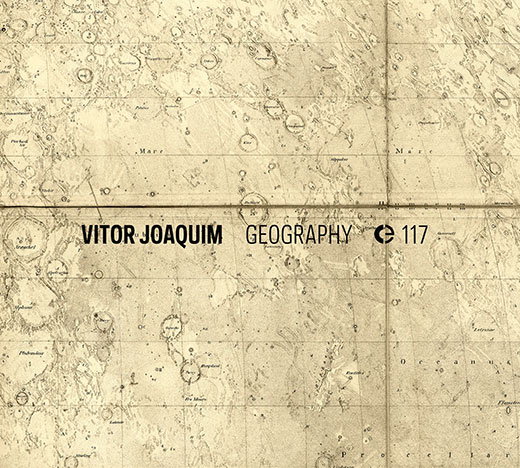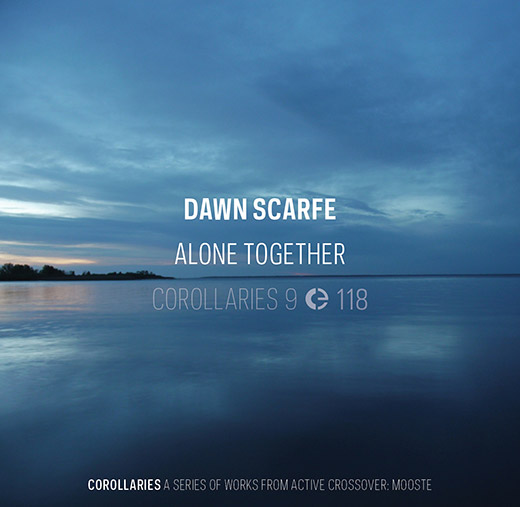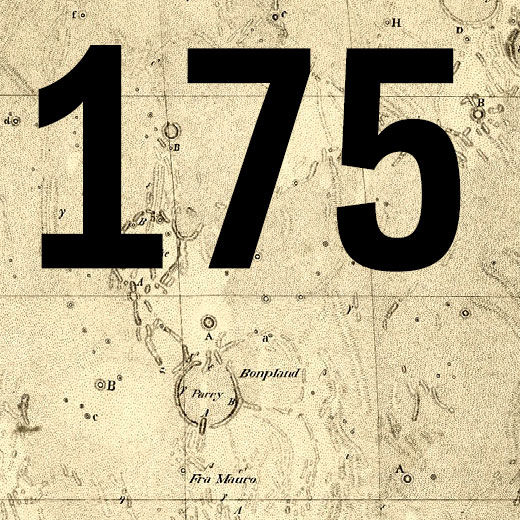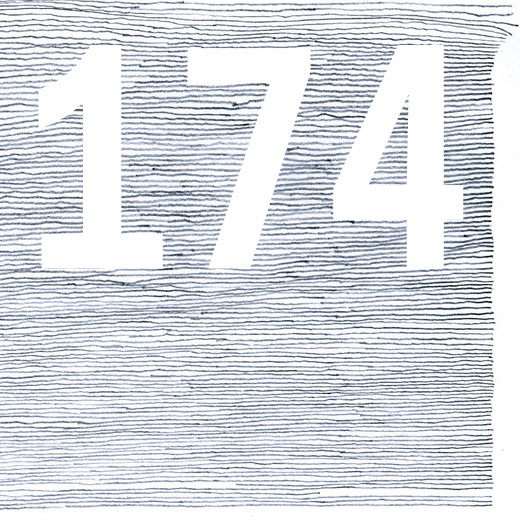
Crónica is elated to present Vitor Joaquim’s new album, “Geography“!
History followed different courses for different peoples because of differences among peoples’ environments, not because of biological differences among peoples themselves.
Jared Diamond
On my previous albums I have turned my attention to the interior subjectivity of our feelings (Flow, 2006) and to the never ending firmament of the Universe (Filament, 2011). They were inspired on a space-time scale of observation that has existed in me since ever. And, I guess, in all of us. On one hand, we feel immersed on the big questions of the universe — How big is it? Where’s the end of it? What’s after the end? Can we understand how big it can be? On the other hand, just two minutes after, we may completely turn towards ourselves, and to our little-big existentialist problems — Who am I? What I’m doing here? What’s “hereâ€?…
With Geography, I wanted to look around and forget about individuality and infinitude. I wanted to dive on Jared Diamond’s concepts about geography and how the human species evolved on the planet.
Like Diamond explains in his book Guns, Germs and Steel, geography is shaping humankind since its beginning. Composed by unique individualities across the globe, human history and culture have been tailored by our surroundings ways that we cannot even imagine. Surroundings are all that is around us: rain, wind, dry weather, rocks, animals, water, germs, seeds, land — fertile or not, populated or not, friendly or not. Surroundings can be hostile but can also provide us with resources. It all depends on “whereâ€.
Responding to the constraints imposed by this environmental condition, throughout the years, ingenuity and creativity have helped us to survive and prosper like no other species, despite all the inequality. Humankind found a way to overcome difficulties, mainly through the use of imagination from which resulted the invention of technologies.
What results of that tension between environment and human ambition, is an eternal fight between geographical conditions and the existentialist forces in every one of us. Following this dialectic, the titles on Geography are softly evocations of that story, alluding to curious moments in history, circumstances and affairs of the human adventure on the planet and on the Universe. From small- to large-scale, all of them — moments, circumstances and affairs — with long plots.
In Geography I also wanted to trace back friendly moments with fellow musicians with whom I have performed with in the past. All samples used in the record are thus memories of those times and my own geography of personal and musical relationships.
All tracks written, played and produced by Vitor Joaquim.
Contains samples from live performances with:
Angelica Salvi (harp: 6, 7)
Carlos ZÃngaro (violin: 7)
Colleen (music box: 7)
Dimas Pereira (accordion: 6, 7)
Günter Heinz (trombone: 7, 8)
Gustavo Costa (percussion: 7, 8)
Joe Giardullo (sax: 6)
Harald Sack Ziegler (voice, french horn: 4, 7, 8)
Niño de Elche (voice: 6)
Simon Fisher Turner (piano: 7)
Ulrich Mitzlaff (cello: 7)
Includes sound bits from: Apollo program (1), Flow, Vitor Joaquim / Crónica (4); La Strada is on Fire (and We Are All Naked), Vitor Joaquim / Crónica (5); interview with Laurie Anderson on DP/30 (8).
Inspired by Guns, Germs and Steel, The Fates of Human Societies (1997) a book by Jared Diamond.
Cover images from the David Rumsey map collection: Mappa selenographica: totam lunae hemisphaeram visibilem complectens. Guilelmo Beer & Joanne Henrico Maedler, 1834; Circumpolar Map for each Month of the Year. W.G. Evans & E.H. Burritt, 1835.
“Geography†is now available for direct order from Crónica’s website, from cronica.bandcamp.com and from selected retailers.






